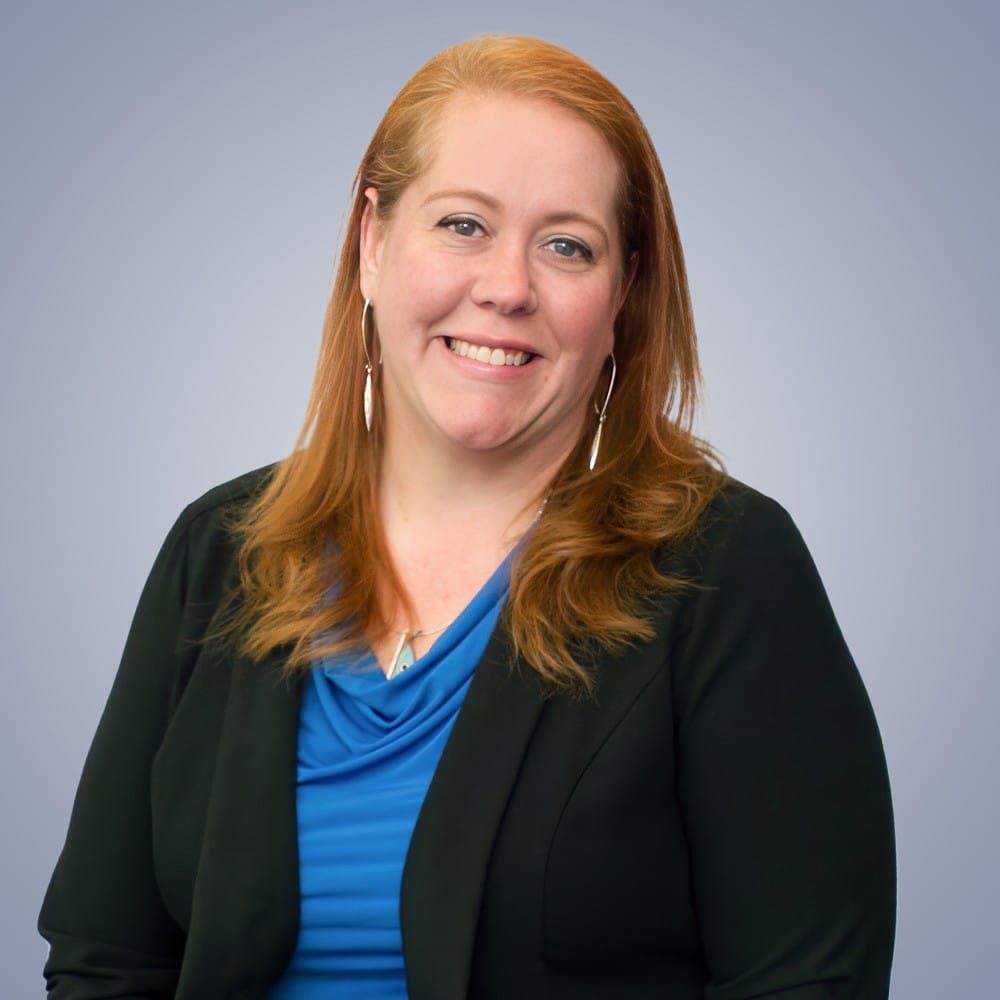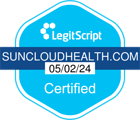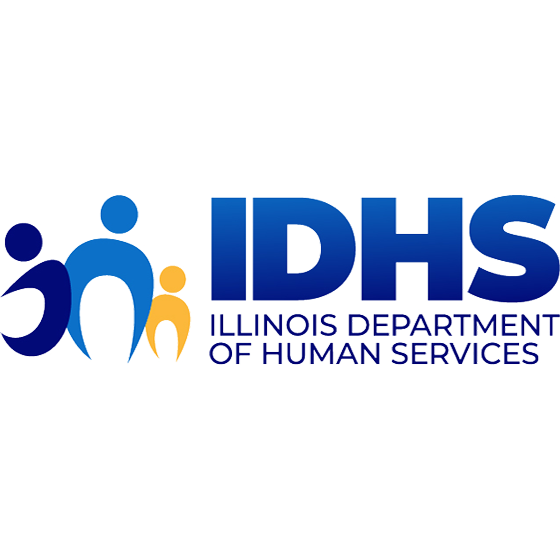Spring Break is prime time for our teens to have fun and travel to places such as Mexico and Costa Rica, where alcohol and drugs are more easily accessible to underage populations (legal drinking age in Mexico, for example is 18). As parents we are responsible for overseeing our children’s plans and monitoring their activities–covering the bases of who, what, where and when. Spring break for many teens includes travel with other families, or other organizations, with the typical teen delighting in the fact that their parents are NOT going! As a parent we may face the tough decision of setting a boundary and saying no to a spring break trip that lacks supervision or safety we would be comfortable with. The backlash of anger, depression, despair that our teen might display certainly sways some parents into just saying yes. If we say no, it is ideal to offer another suitable spring break alternative. If or when we say yes, we do so ideally under conditions that we truly believe will keep our kids safe. As a parent I’m better equipped to make that decision if I personally know the family who will be supervising my teen. If it is a family that shares my family’s values, and respects the boundaries I set with my teens around underage and illegal (in our country) consumption of alcohol or drugs, I’m comfortable sending my teen away with them. If I don’t know the supervising adult, or if she herself drinks to excess or uses illicit drugs on vacation, I would be complicit in to some extent in sending my teen abroad with at best intermittent or impaired supervision. I also encourage parents to pay attention to the number of teens going and the supervisor to teen ratio (keeping it in 1:3 or 1:4 neighborhood). When I’m assured that my teen will have supervision and safety on the trip, I let go and trust in the years of training my family has given her–really from in utero to now, 15-20 years depending on the age of your teens. One thing I learned in my years of practice as a psychiatrist is that kids pay much closer attention to what we do than what we say. Toddlers, tweens and young adults (old adults too) tend to practice what they’ve learned. Their learning starts at home and in the community, with the explicit and implicit messages we send. The nonverbal messages impact us the deepest, many times at a subconscious or even unconscious level. Family and community culture impacts the beliefs and behaviors of developing young people. The way we live, the things we do and don’t do, and the things we focus our collective attention on impacts those who are dependent on us–much more profoundly than our words do. If we focus on health, self care, interdependent and mutually fulfilling relationships, balance, giving back and loving our community, the chances that our kids will follow suit are higher (not absolute, just higher). How we live on vacation as a family impacts how they will live on vacation as emerging adults. If vacation is a time to connect with family and friends, engage in nature, engage in service work, the meaning of vacation will be different than it is when vacation is a chance to be perpetually wasted. This is also a time for us to reflect on why teen do turn to alcohol and drugs to deal with uncomfortable emotions such stress, peer pressure, pain and sadness, loss or other forms of trauma. By being aware of what our teens are experiencing and feeling, we can support them in finding healthy and constructive ways to address these challenges without resorting to self-destructive behaviors. When our kids are living healthy, balanced lives where they feel loved and supported by their families and loved ones, they are significantly less likely to turn to drugs and alcohol. In this respect, prevention really does start at home. Yet the reality is Spring Break can be a tempting time even for the most well-adjusted teens.
It’s very important to talk with our teens about drugs because:
- they may hear wrong information about drugs from their friends, the media or other adults
- they (or you) may be concerned about someone else who is using drugs
- they may be using drugs and might need help to stop
Read about teen drug abuse and treatment options here.








